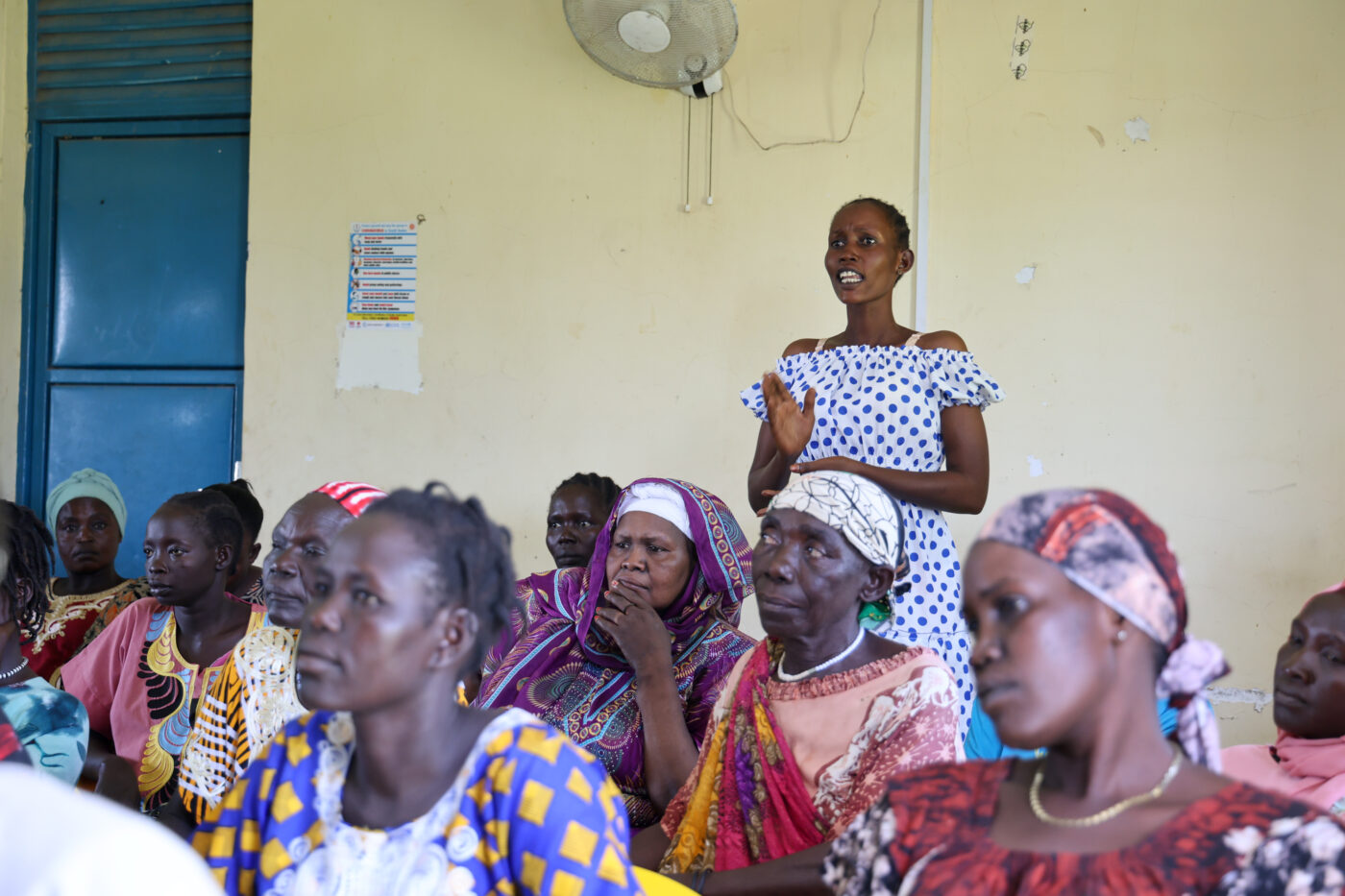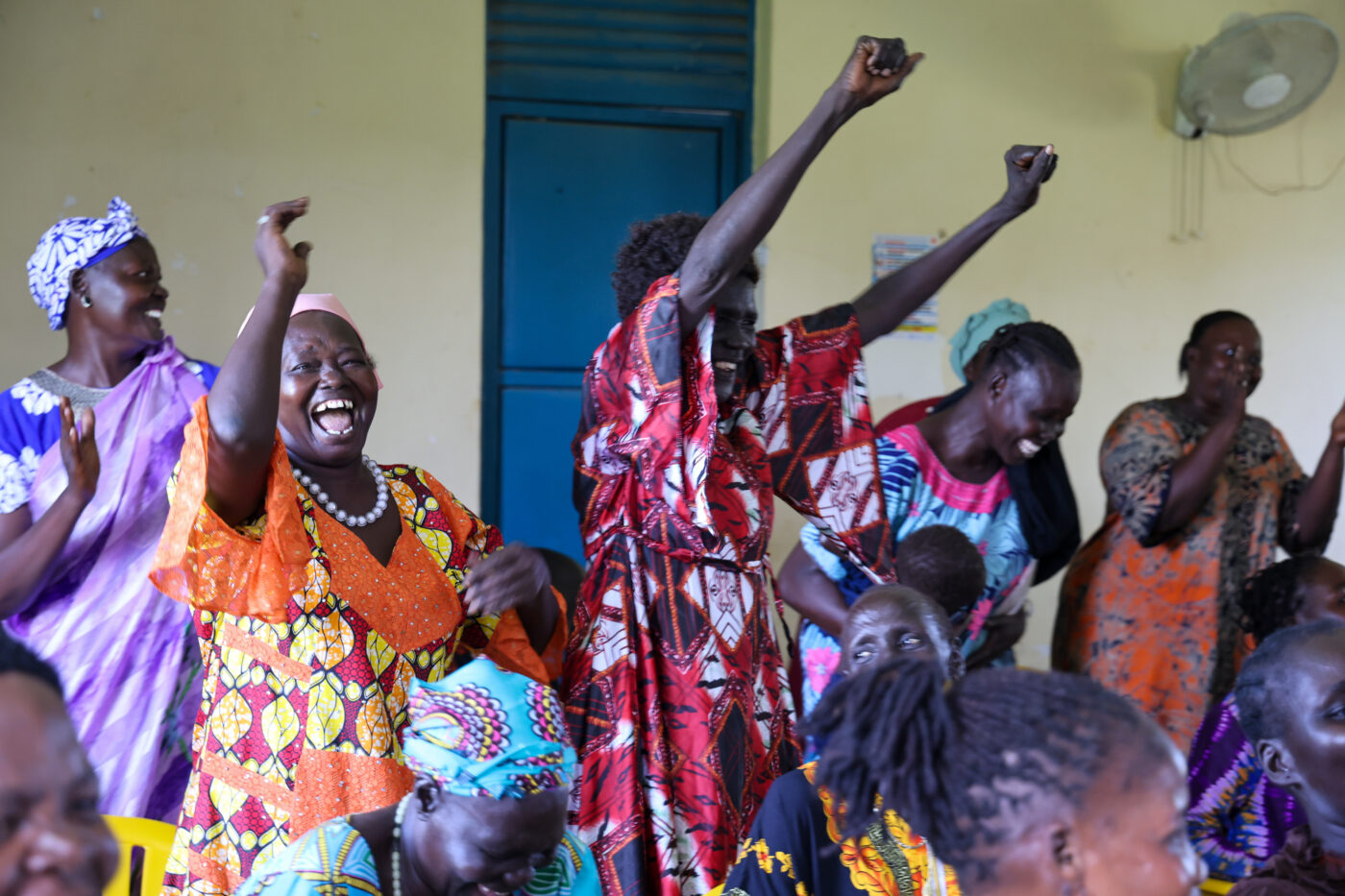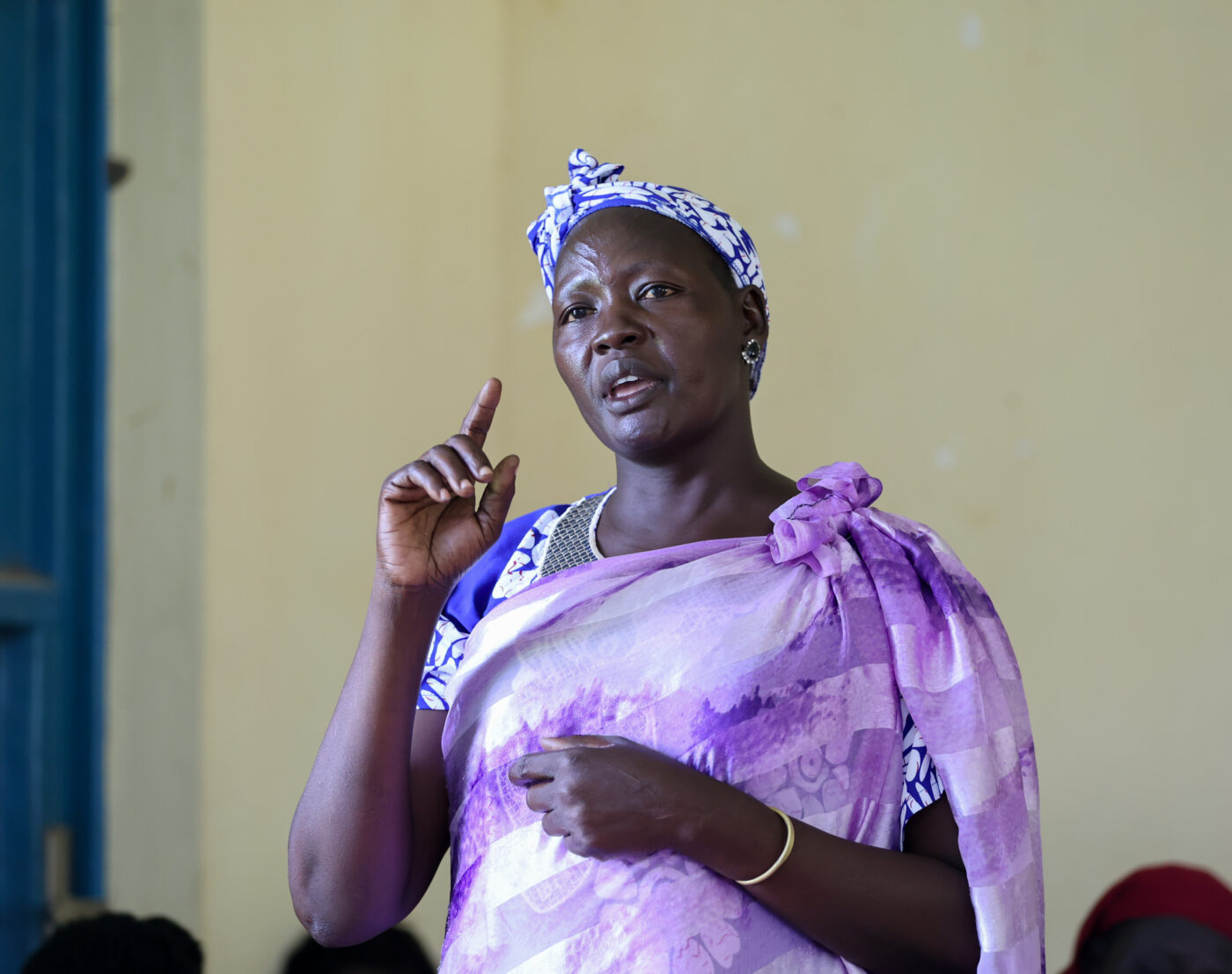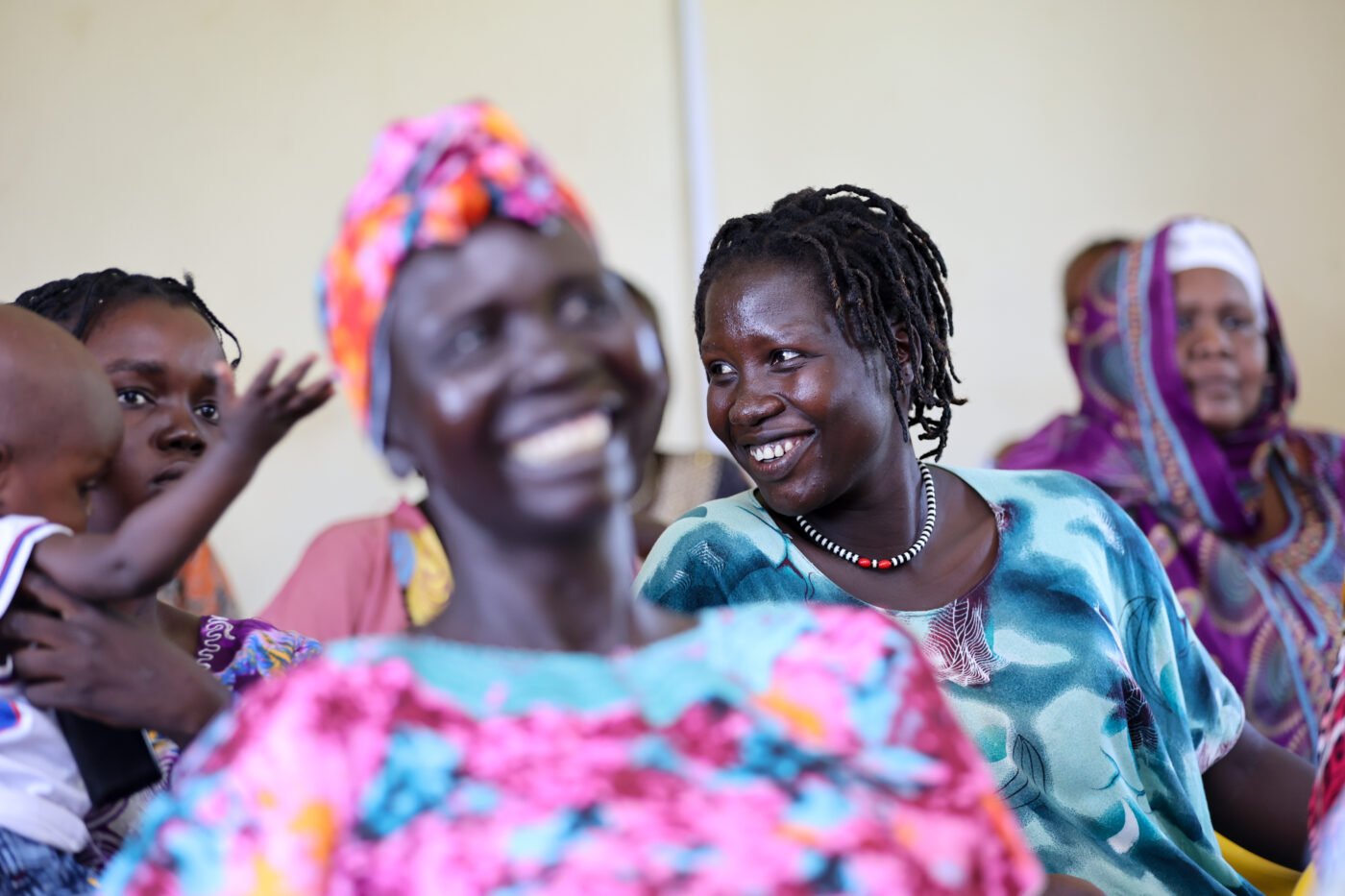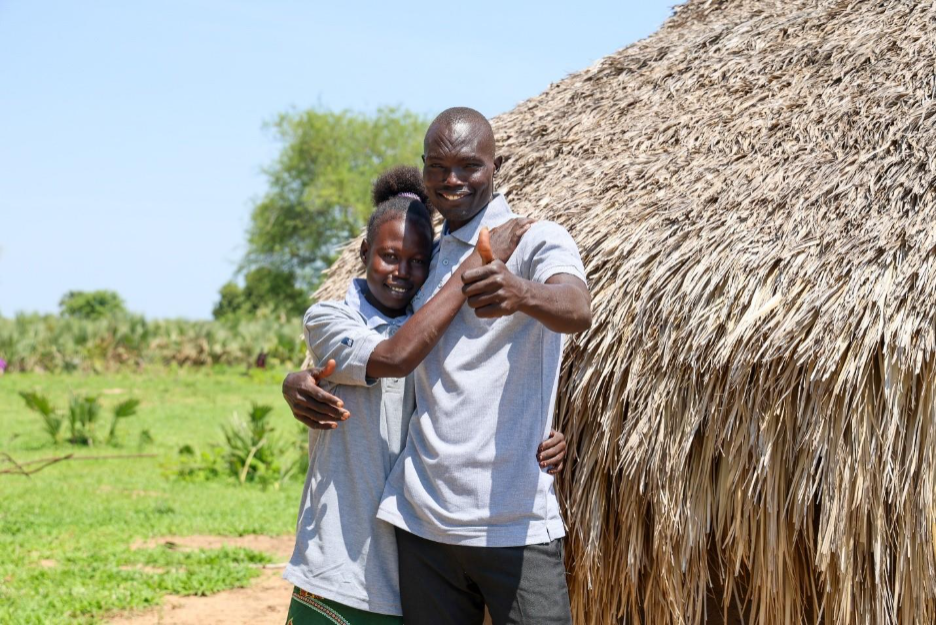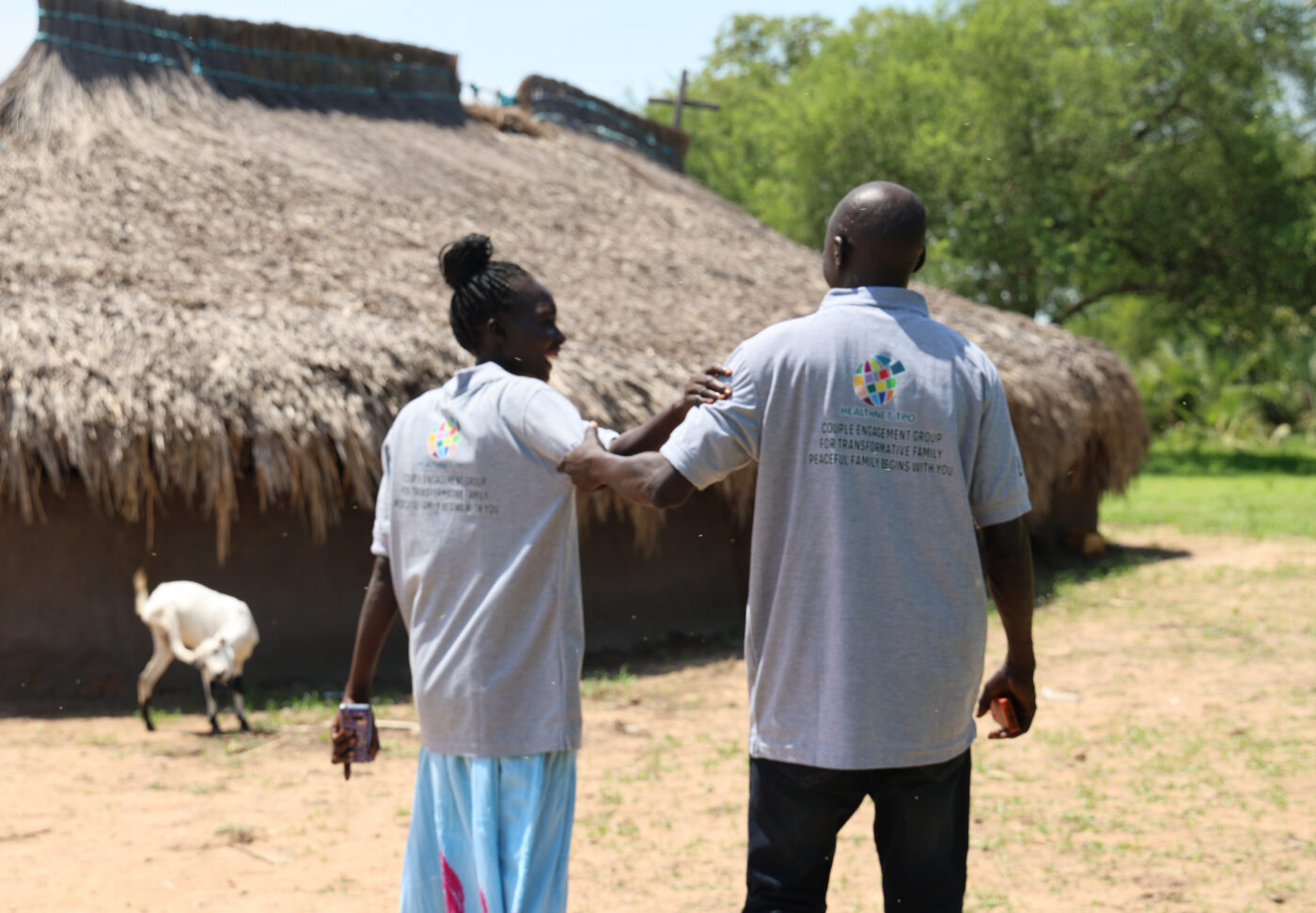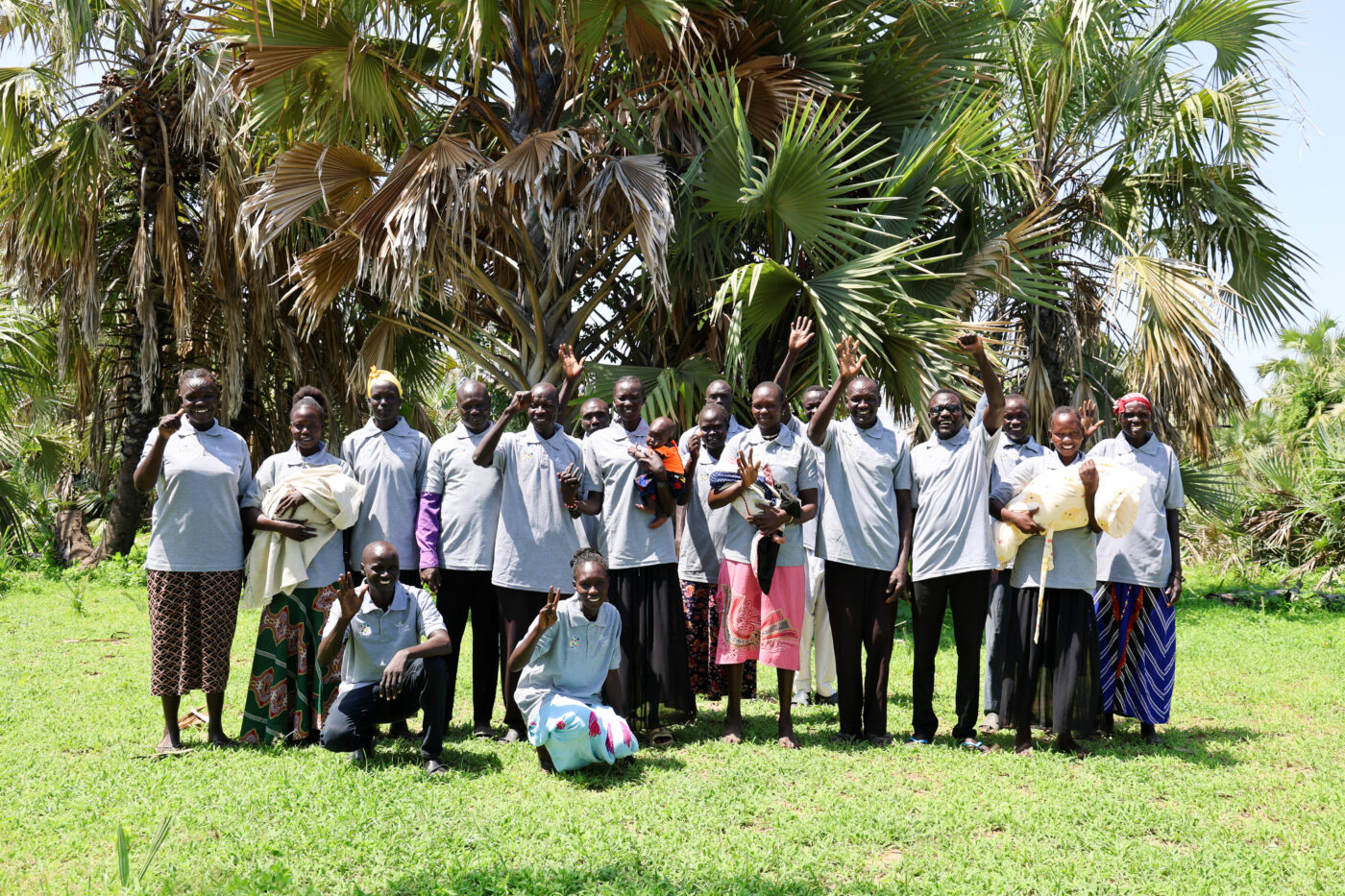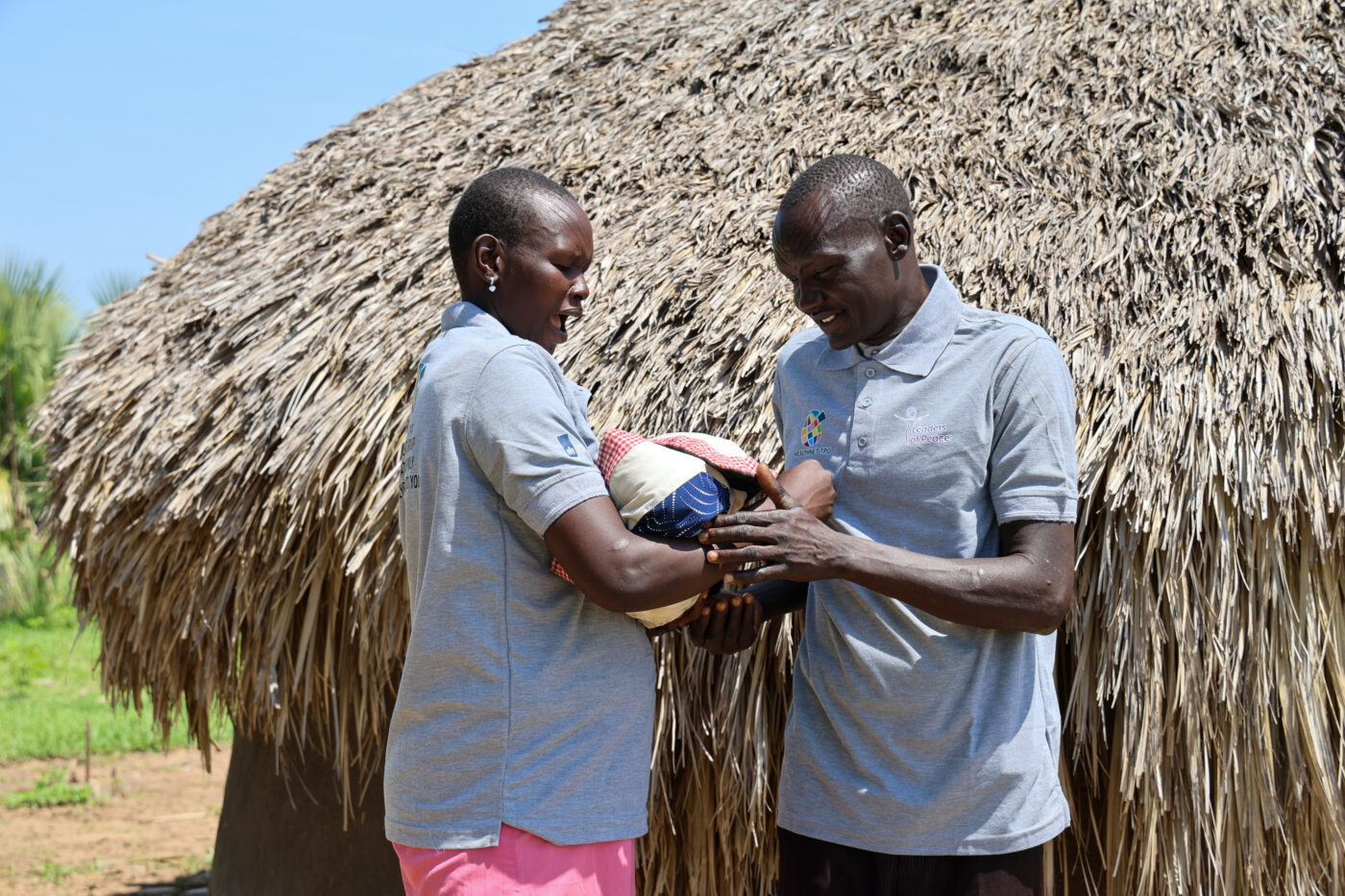At the Women’s Centre in Terekeka, a quiet transformation is taking place. Dozens of women gather under the shade of acacia trees. They are here to speak about Lokole, a word that carries the weight of sadness, anxiety, and the invisible wounds of conflict. In Mary’s words, one of the participants:
I used to think that feeling this way was a weakness. Now I understand that many women feel the same. We can help each other heal.
This moment of collective reflection is part of HealthNet TPO’s ongoing work through the Leaders of Peace project, which empowers women in South Sudan to become community leaders, peacebuilders, and advocates for mental wellbeing. The initiative focuses on strengthening psychosocial support systems and breaking the stigma that isolates those living with emotional distress.
Community healing, led by women
In Terekeka County, women face layers of hardship, domestic pressures, displacement, and the lingering trauma of conflict. For many, speaking openly about mental health is still taboo. Through HealthNet TPO’s community-based approach, women are learning to identify emotional distress in culturally relevant ways, using familiar language and symbols like Lokole.
By reconnecting traditional expressions such as Lokole with modern psychosocial understanding, the project creates safe spaces where women can reclaim agency over their wellbeing. Facilitators like Emmanuel and Pamela lead group discussions and activities that build trust and resilience.
We learn that healing doesn’t come from silence,” says another participant. “It comes from listening, to ourselves and to each other.


